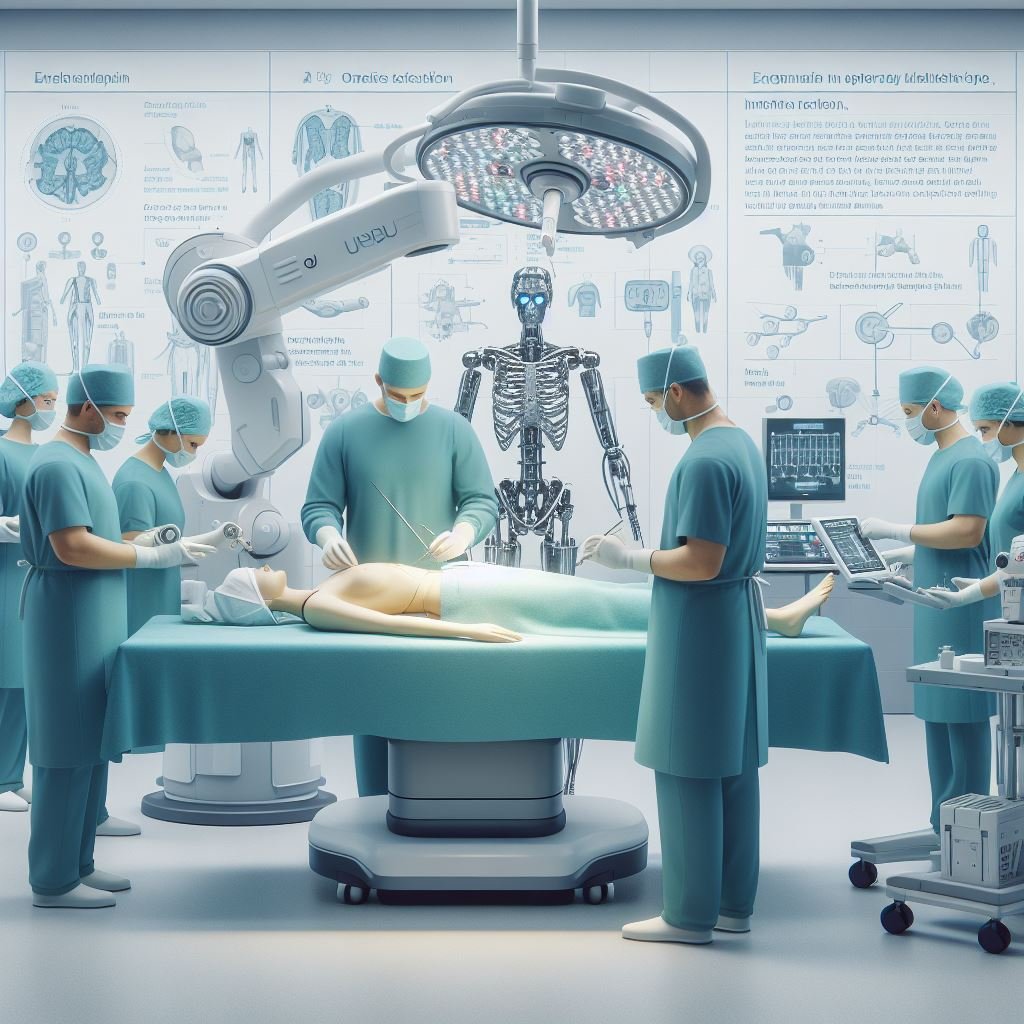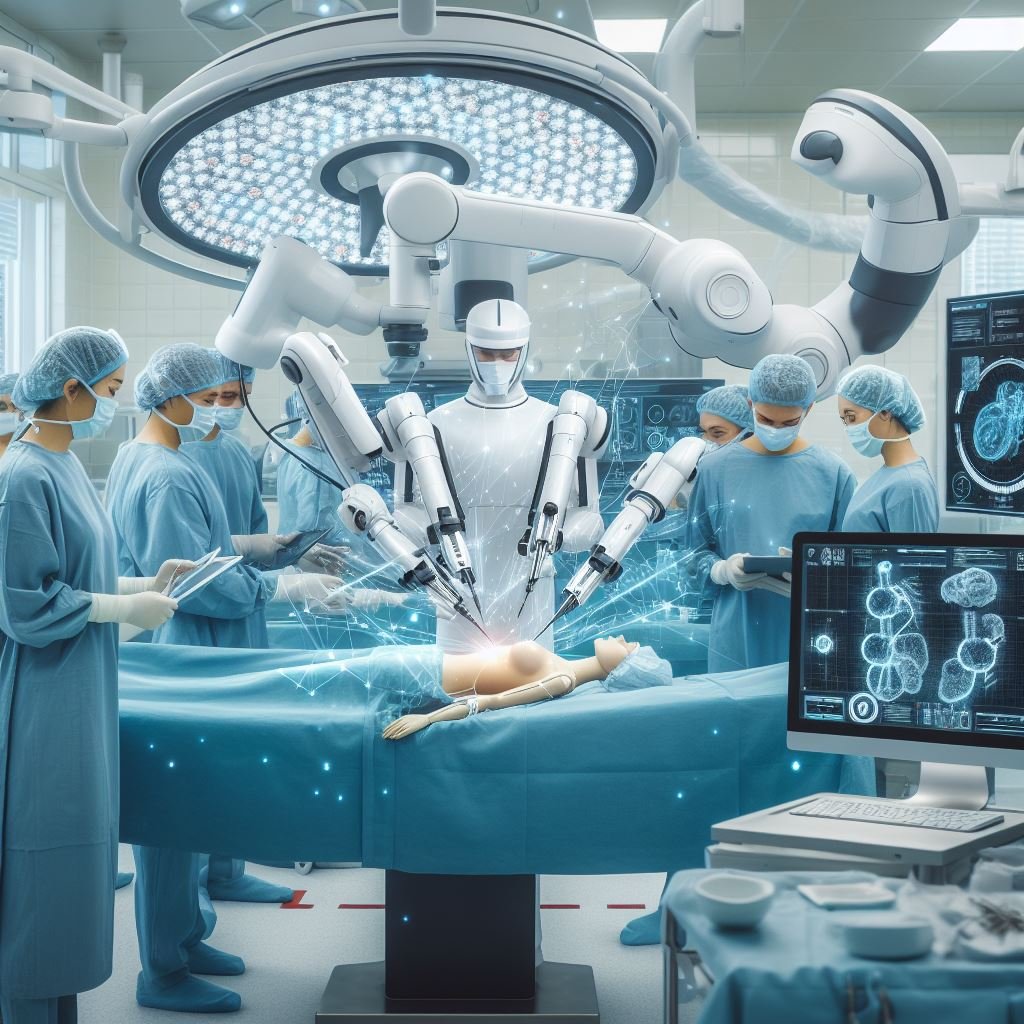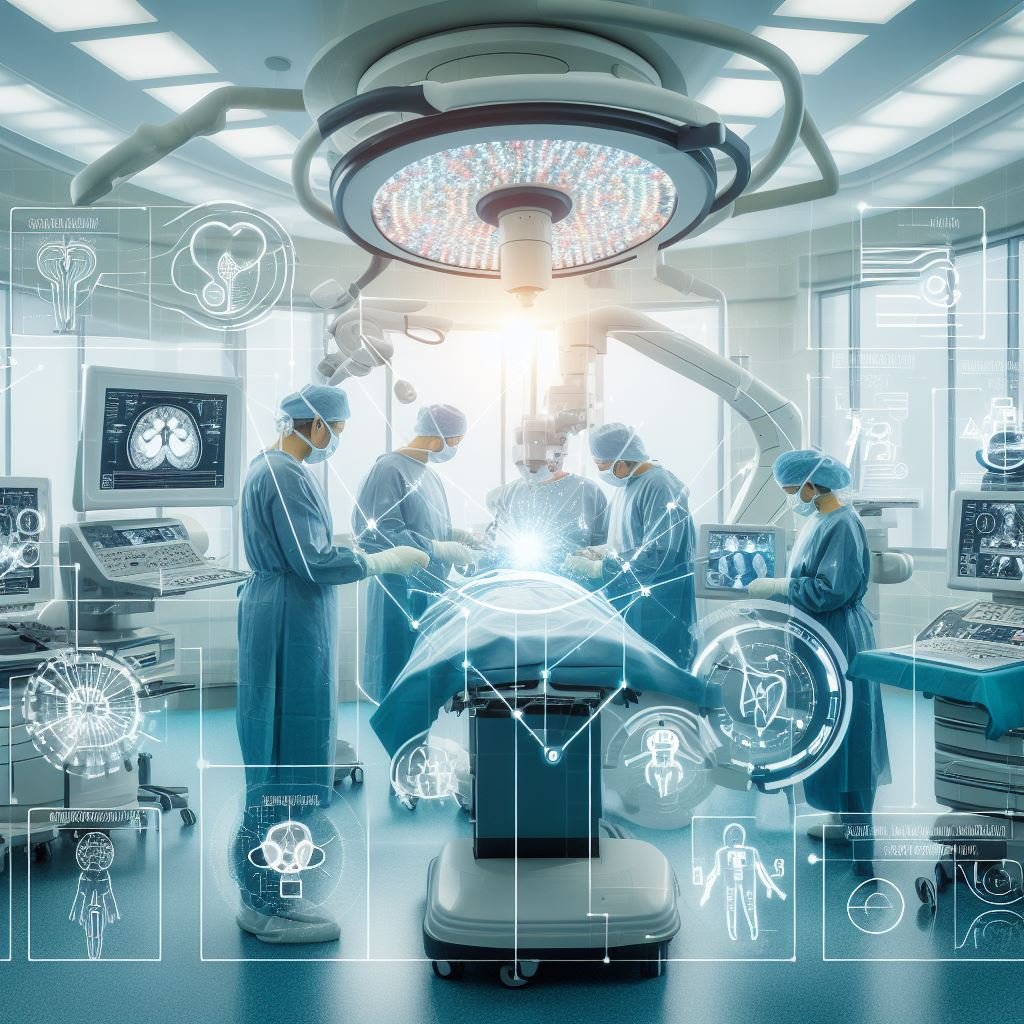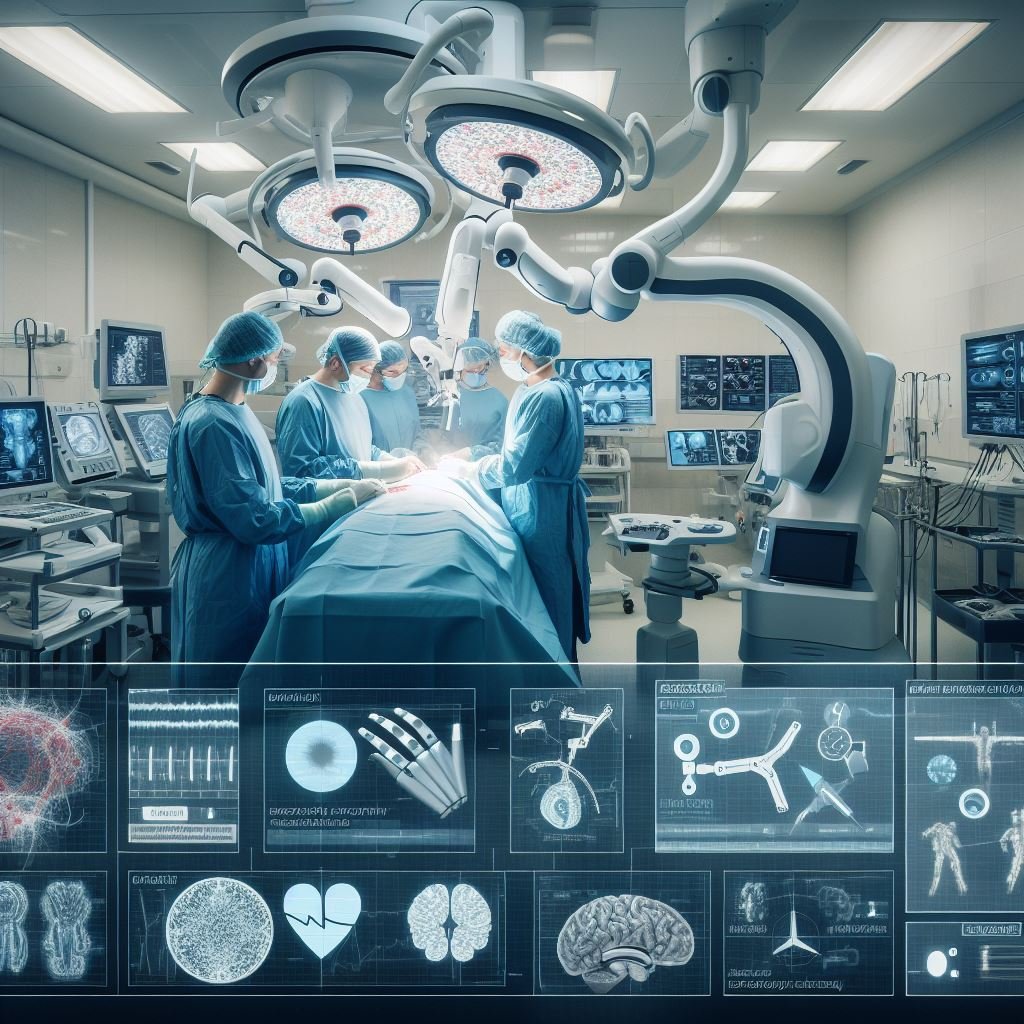Introduction
In recent years, the field of healthcare has witnessed a revolutionary transformation with the integration of cutting-edge technologies. One such innovation that has taken center stage is the use of surgical robots. These advanced robotic systems have redefined the landscape of medical procedures, providing unprecedented precision and efficiency. This article explores the diverse applications and profound impact of surgical robots on modern healthcare.
Enhancing Precision in Surgical Procedures with Surgical Robots
Surgical robots have ushered in a new era of precision in medical interventions. From intricate surgeries to delicate procedures, these robots empower surgeons with enhanced control and accuracy, ultimately improving patient outcomes.
The Role of Surgical Robots in Minimally Invasive Surgery
Minimally invasive surgery has become increasingly popular due to its numerous benefits. Surgical robots play a pivotal role in enabling surgeons to perform complex procedures with smaller incisions, reducing patient discomfort, and accelerating recovery times.
Surgical Robots in Orthopedic Procedures
Orthopedic surgeries demand a high level of precision and dexterity. This section delves into how surgical robots are transforming orthopedic procedures, improving the accuracy of joint replacements and spinal surgeries.
Automation in Endoscopic Surgeries
Endoscopic procedures are intricate and require meticulous maneuvering. Surgical robot’s have emerged as invaluable tools for automating certain aspects of endoscopic surgeries, enhancing overall efficiency and success rates.
The Integration of Artificial Intelligence in Surgical Robots
Artificial intelligence (AI) has become integral to the evolution of surgical robot’s. This section explores the synergy between AI and surgical robots, showcasing how machine learning algorithms enhance decision-making during procedures.
Future Frontiers: Surgical Robots in Neurosurgery
Neurosurgery demands the utmost precision, making it an ideal field for the application of surgical robot’s. This section examines the ongoing advancements and potential future developments of surgical robots in neurosurgical procedures.
Addressing Challenges and Concerns in Surgical Robot Implementation
While surgical robot’s offer numerous advantages, challenges and concerns persist. This section discusses issues such as cost, training, and potential risks associated with the widespread adoption of surgical robots in healthcare.
Surgical Robots in Healthcare Systems Worldwide
The adoption of surgical robot’s is not limited to a specific region. This section provides an overview of how different countries are incorporating surgical robots into their healthcare systems, highlighting variations in adoption rates and regulations.
Surgical Robots vs. Traditional Surgical Methods
To truly appreciate the impact of surgical robot’s, a comparison with traditional surgical methods is essential. This section examines the advantages and limitations of surgical robot’s in contrast to conventional approaches.
Unlocking Potential and Expanding Accessibility
This concluding section explores the future trajectory of surgical robot’s in healthcare. It addresses the potential for increased accessibility, advancements in technology, and the continued evolution of surgical robot’s as indispensable tools in medical practice.
Uses of AI in Surgery
| Use of AI in Surgery | Description |
|---|---|
| Preoperative Planning | AI aids in analyzing patient data to optimize surgical plans. |
| Image Analysis and Recognition | AI algorithms enhance the interpretation of medical images. |
| Robotic-Assisted Surgery Control | AI contributes to real-time adjustments during robotic surgeries. |
| Virtual Reality Training for Surgeons | AI-driven virtual reality simulations assist in surgical training. |
| Predictive Analytics for Complications | AI helps identify potential complications before surgery. |
| Postoperative Monitoring | AI facilitates continuous monitoring for post-surgical care. |
Conclusion
In conclusion, the integration of surgical robot’s into healthcare has brought about a paradigm shift in the way medical procedures are performed. The precision, efficiency, and versatility offered by these robotic systems have not only improved patient outcomes but have also opened new frontiers in medical innovation. As technology continues to advance, the future holds exciting possibilities for the further evolution and widespread adoption of surgical robot’s, promising a healthcare landscape characterized by enhanced precision and improved patient care.




